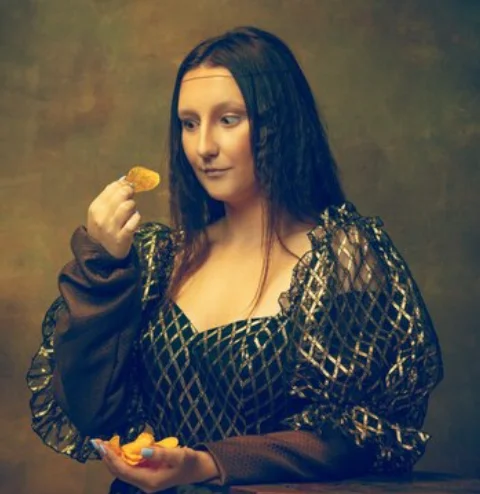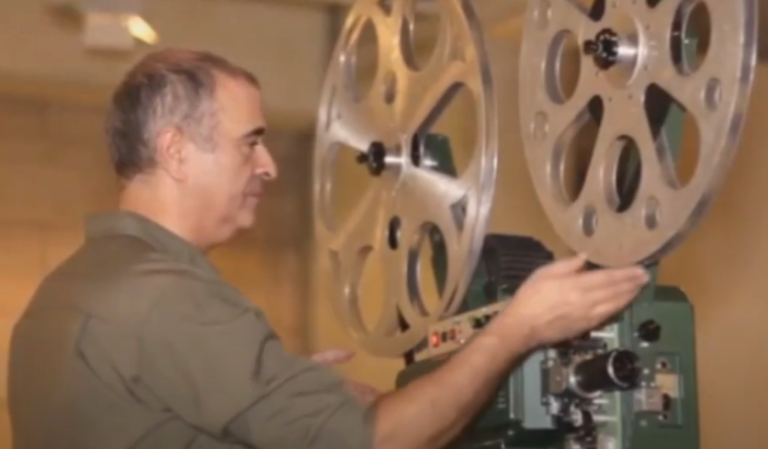Is Teresa Fidalgo’s Ghost Real or Fake? Exploring the Truth Behind the Viral Legend

The internet is brimming with mysterious stories, but few have captured as much attention as the tale of Teresa Fidalgo. Is this ghost story real, or is it just another online hoax? With so many people sharing and debating the chilling tale, it’s time to separate fact from fiction. In this article, we’ll dive into the origins of the Teresa Fidalgo story, the viral phenomenon it became, and the evidence that debunks its authenticity.
The Origin of the Teresa Fidalgo Story
The Teresa Fidalgo ghost story traces its roots back to a short film titled “A Curva” (“The Curve”) by Portuguese filmmaker David Rebordão. Released in 2003, the film tells the fictional tale of a group of friends driving late at night who pick up a mysterious hitchhiker named Teresa. The encounter ends in a horrifying car accident, with the implication that Teresa was a ghost.
Despite the film being fictional, its realistic style and eerie atmosphere led many to believe it was based on true events. David Rebordão has publicly clarified that the story was entirely scripted and not rooted in any real-life incidents.
How the Story Went Viral
The Teresa Fidalgo legend gained massive popularity through social media platforms. Users began sharing text-based chain messages claiming to feature warnings from the ghost herself. These messages often included phrases like:
“I am Teresa Fidalgo. If you don’t share this story, I will appear in your dreams tonight.”
The fear-inducing tone of these posts encouraged people to share them widely, fueling their spread. However, there is no credible evidence to suggest any truth to these claims. Instead, this phenomenon is a textbook example of internet chain messages designed to manipulate emotions and behavior.
Debunking the Myth
1. David Rebordão’s Admission
In interviews, David Rebordão has openly admitted that the Teresa Fidalgo story is a work of fiction. He expressed surprise at how the story’s viral success has endured for decades and even mentioned that the attention helped him gain recognition as a filmmaker.
2. Lack of Historical Evidence
No credible historical records or news reports support the existence of a real Teresa Fidalgo or the events depicted in the story. Ghost stories often rely on verifiable backstories to establish credibility, but this one falls short.
3. The Nature of Urban Legends
The Teresa Fidalgo tale is a prime example of an urban legend, a modern myth created for entertainment and shock value. Such stories thrive on ambiguity and emotional appeal but rarely withstand scrutiny. The internet is rife with similar hoaxes, including the infamous Slender Man and other fictional entities.
Why Do People Believe in Such Stories?
1. Emotional Manipulation
The Teresa Fidalgo chain messages exploit fear and superstition to compel people to share them. This psychological tactic preys on our natural aversion to potential harm, no matter how irrational the threat may be.
2. Lack of Critical Thinking
In the age of viral content, many people share stories without verifying their authenticity. This lack of skepticism allows myths like Teresa Fidalgo’s ghost to spread unchecked.
3. Human Fascination with the Supernatural
Ghost stories and paranormal tales captivate our imagination, offering a sense of mystery and excitement. This universal fascination helps such legends gain traction.
The Importance of Fact-Checking
As the Teresa Fidalgo story illustrates, it’s crucial to approach viral content with skepticism. Here are some tips to avoid falling for internet hoaxes:
- Verify the Source: Check if the story comes from a credible outlet or an established authority.
- Search for Evidence: Look for supporting data, news reports, or expert opinions.
- Use Fact-Checking Websites: Platforms like Snopes or FactCheck.org can help debunk myths.
Conclusion
While Teresa Fidalgo’s ghost story continues to intrigue and scare many, the evidence overwhelmingly shows that it is a fabricated legend. Originating from a fictional short film, the tale’s viral spread can be attributed to human psychology, emotional manipulation, and our love for the supernatural. By applying critical thinking and verifying information, we can enjoy such stories for their entertainment value without mistaking them for reality.
Remember, not everything on the internet is true—and the tale of Teresa Fidalgo is a perfect reminder of why skepticism is essential in the digital age.

